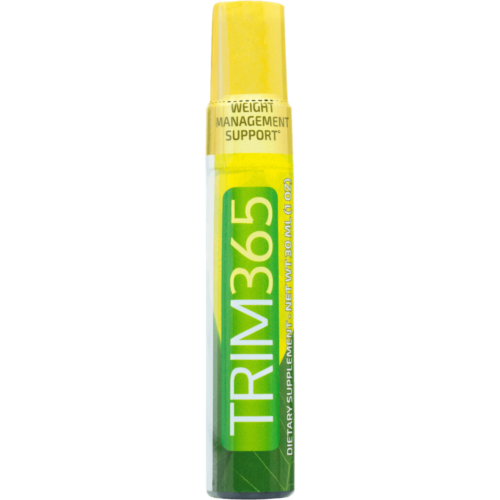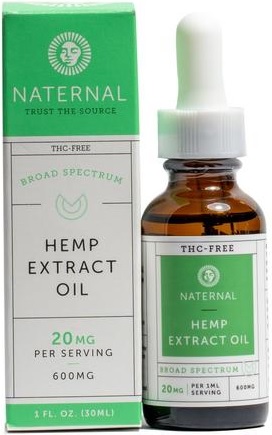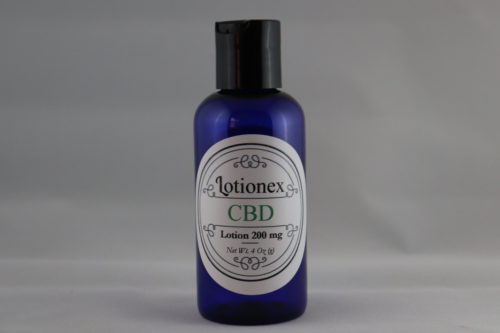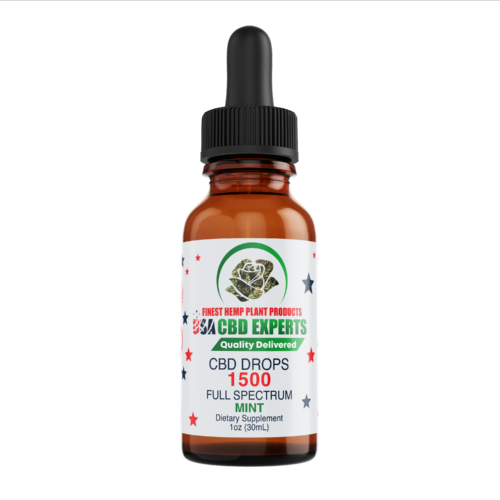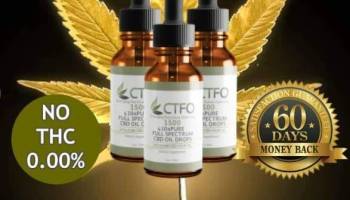A 2015 Federal Communications Commission (FCC) declaratory ruling on the Telephone Consumer Protection Act (TCPA) of 1991 may have triggered a rash of lawsuits involving the way many health club owners market their services.
An August 2017 study, “TCPA Litigation Sprawl,” found that lawsuits involving violations of the TCPA have increased by almost 50 percent since the 2015 ruling, which sought to clarify parts of the TCPA. The increase in lawsuits is troubling for business owners who use texting and telemarketing to promote their businesses.
Several health clubs have already been caught up in TCPA lawsuits, including Gold’s Gym, 24 Hour Fitness, Town Sports International, Workout World, Crunch Fitnessand Life Time, which ended up settling its case for $15 million. (For tips on how to avoid a TCPA lawsuit, scroll to the bottom of this story.)
The TCPA places restrictions on telemarketing by restricting the use of automatic dialing systems, artificial voice messages, short message service (SMS) text messages and fax machines to communicate promotional messages. In 2012, the FCC added the requirement that telemarketers must obtain express prior written consent before contact and offer an opt-out option on robo-calls.
The study, which was conducted by the U.S. Chamber Institute for Legal Reform (an affiliate of the U.S. Chamber of Commerce) after the 2015 ruling, tallied 3,121 various TCPA cases, including more than 1,000 nationwide class action lawsuits. When compared to the 17-month period prior to the 2015 ruling, this number represented an increase of 46 percent. Many of the cases seek tens of millions of dollars in damages, some running into the billions. The study’s authors were only able to look at cases that are available in a publicly searchable electronic database. Therefore, the actual number of TCPA lawsuits filed during the period was likely higher, the authors concluded.
More than 40 industries were affected by TCPA lawsuits during the study period (Aug. 1, 2015, through Dec. 31, 2016). The health industry (which may include health clubs although the study does not clarify this) ranked third behind financial and education industries, accounting for 8.4 percent of the total number of lawsuits.
The authors of the U.S. Chamber Institute for Legal Reform study allege their findings prove that attorneys are taking advantage of the TCPA to drum up cases against legitimate businesses acting in good faith. This may be evidenced by the multiple suits placed by a disproportionately small number of firms and the use of “serial plaintiffs” who the study’s authors allege purposefully entice businesses to text them so they can file lawsuits repeatedly. A single law firm alone has filed 263 TCPA lawsuits (most of them class actions). Another law firm created a smartphone application that creates a call log to hunt for new litigation targets.
“A central theme with the unchecked expansion of the TCPA’s prohibitions is that it is not the unscrupulous scam telemarketers that are targeted by TCPA litigation, but rather legitimate domestic businesses,” the authors write.
The Battle by a Crunch Franchisee
Marc Delisle is a Crunch Fitness franchisee in Fort Lauderdale, Florida, who faced a TCPA lawsuit. The lawsuit alleged that the plaintiff, Bilal Saleh, visited the website of Delisle’s Crunch Fitness club on or around Nov. 28, 2017, to register for a free trial pass, and the next day he began receiving text messages from the company, one of which was a membership offer. Seven days later, Saleh filed the lawsuit.
Delisle’s case was dismissed without prejudice on June 20 after the judge granted the plaintiff’s request for dismissal. The plaintiff had backtracked on his claims during his deposition, saying that he was “told” he had visited the Crunch website but did not recall visiting it, according to the ruling by Marcia G. Cooke, who is a judge in the U.S. District Court Southern District of Florida.
The judge also noted in the ruling: “In addition to Plaintiff remembering a new version of the facts stated in his Complaint and verified interrogatory responses, Defendants claim that records produced in this lawsuit show that someone visited Defendants’ website and inputted Plaintiff’s information into the online form. … According to Defendants, this indicates someone attempted to manufacture a TCPA claim against them.”
The plaintiff and his counsel, Jabrael S. Hindi and Scott D. Owens, contested this alleged impropriety, according to the ruling.
Despite the dismissal, Delisle had wracked up $400,000 in attorneys’ fees during the six-month legal battle, so he is seeking to recoup attorneys’ fees, which the ruling allows him to do.
“The issue is that we have to defend ourselves, and we have to indemnify our franchisor and suck up all of their attorney fees as well,” Delisle said. “It becomes a huge black hole for any operator large or small when they get sucked into this vortex of TCPA.”
Now, he has put his text marketing efforts on hold while he works to scrub his lists and update membership agreements.
The text messages in question in Delisle’s suit were sent using a text marketing platform called Textmunication Inc. Delisle alleged that Textmunication promised compliance with the TCPA and indemnification if he were to be sued, but Textmunication CEO Wais Asefi told Club Industry that the company did not have an agreement with Delisle to indemnify Crunch in the case of illegal communication.
The Textmunication platform is fully compliant with the TCPA, Asefi said, but it is up to health club owners to ensure their contacts have opted in to the communication before sending it.
“We are the most compliant SMS company that I know of,” Asefi said. “We talk all the time about how we can protect the clients. They come in and want to communicate to the market, and our platform allows them to do that. We provide them with a lot of education, but ultimately it us up to them to opt-in the client before communicating. We have done nothing wrong. We just provide a service so they can communicate with their consenting members. We have a lot of happy clients. At the end of the day, we might look like the bad guys, but we lost money, too, because now some clients are scared.”
Textmunication was subpoenaed for the Crunch case and forced to give the prosecuting attorneys access to all the other Crunch clients in its database, which made the case significantly broader in scope, Delisle said.
Asefi and Delisle both allege that some attorneys are trolling small franchises in order to ultimately reach bigger corporations in hopes of bringing a class action lawsuit.
“As you can imagine, there are some attorneys who are making a cottage industry pursuing industries like ours—spas, health clubs, anywhere you might register for a free session, anywhere you might provide a phone number” Delisle said.
How to Avoid TCPA Lawsuits
Business owners find themselves in court for TCPA violations for a few reasons, Orlando-based attorney Donald E. Petersen told Club Industry. Peterson represents plaintiffs in individual and class action suits arising under the TCPA, Fair Debt Collection Practices Act and other consumer protection laws.
The first cause is failure to obtain the proper written consent to contact a client. Just because a client provided a phone number or a fax number on a form does not mean they are consenting to be contacted with promotional messages, Petersen said. The client must give consent to be contacted for that purpose and have the option to opt out of the communication at any time.
Another common complaint in TCPA cases is that an automatic telephone dialing system (ATDS) was used to send marketing messages. An ATDS is defined as anything that has the capacity to store numbers and dial them randomly. Any promotional call, text or fax made to a cellphone, pager, fax or any device that requires that a person must pay for the service, using an ATDS or using a prerecorded or artificial voice, without prior express written consent, is illegal under the TCPA.
The ambiguity surrounding the exact definition of an ATDS makes it difficult for the courts to quickly determine what it is and what it isn’t, Petersen said. If it is alleged in a lawsuit that an ATDS was used, most cases will ultimately go to discovery to determine if that is a fact. Petersen described this part of the process as a battle of experts and warns that even if the defendant is proven right, they will have already spent a significant amount of money and time in defense of their business.
“The hallmark of an ATDS is the lack of human intervention,” Petersen said. “As long as an ATDS has the capacity, it doesn’t even have to be turned on. It might even be a software module that is not installed on the computer—it’s hooked to the dialing system. It’s a slippery slope.”
To avoid a TCPA lawsuit, Petersen advises the following:
- Always obtain expressed written consent from any marketing prospect you plan to contact
- Update the terms of your agreements as new technologies arise
- Be careful with mass communication that is not promotional in nature. Non-promotional communication, such as a holiday party invitation, is legal. However, if the business is actively selling memberships or services at the holiday party, there is the potential that it would be considered a promotional communication.
- Maintain an internal do-not-call list and remove contacts from marketing communications within 30 days of a request to be removed. The penalty for violating a do-not-call list is up to $500 per violation under the TCPA. The junk fax, cell phone and prerecord call violation is $500 per violation. If a violation is found to be willful, the penalty can be up to $1,500. These fines can be stacked for multiple violations on a single communication, potentially resulting in thousands of dollars per communication.
- Follow this topic closely so you can assure you remain in compliance.
Currently, multiple appeals are pending and pressure from advocacy groups is mounting for Congress to amend the TCPA in hopes of curbing litigation abuse, according to the U.S. Chamber Institute for Legal Reform. That group has released recommendations for Congress, including setting a statute of limitations, establishing an affirmative good faith defense and limiting statutory damages. The FCC could revise or clarify the TCPA in the future.






























